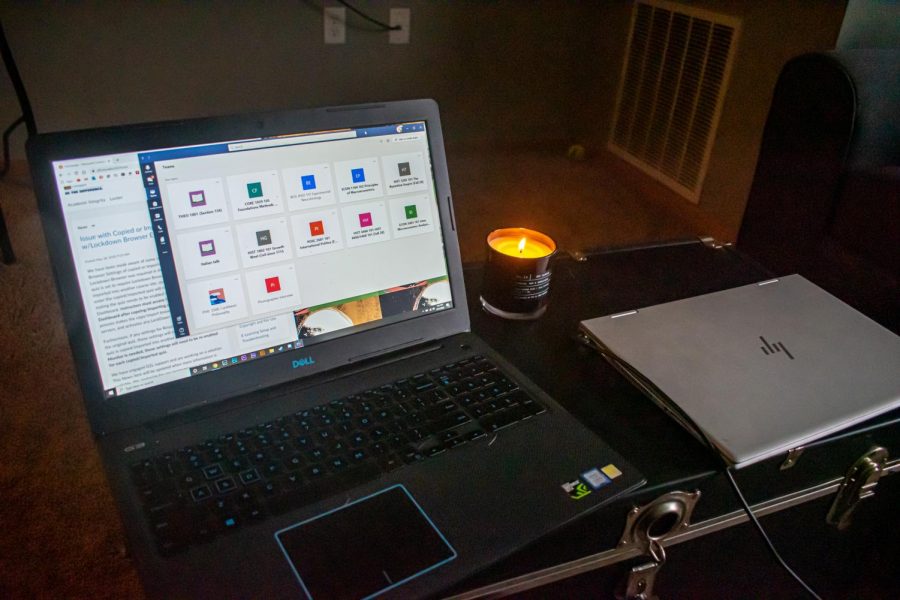I spent my summer vacation working an unpaid internship. Between preparing client lunches and spending hours on New Jersey public transit, I reflected on my experience. My coworkers and I shared a summer of professional pleasantness and I felt I had shown my willingness to put in extra effort to make a lasting impression. This was exactly what everyone who I expressed doubts about an unpaid position to said the job was all about: connections.
In the entertainment industry, the adage “It’s all about who you know” carries quite a bit of weight. And yet, I still felt unfulfilled at the end of the summer. Three months had passed and I felt as if I had progressed only incrementally in my career. I felt that my labor and time were not adequately compensated. As ubiquitous as unpaid internships are, they are passing on a dangerous message to the fresh young faces about to enter the job market: your labor is not always deserving of monetary compensation.
Internships can be valuable experiences and open new professional avenues for those who elect to work them. The concept of an internship almost functions as a sort of professional sampler, wherein aspiring young workers can dip their feet into the labor pool. That being said, if someone is to sacrifice their time, energy and passion working for a company that profits from their labor, they should be compensated fairly as a part of the process. Exciting new professional connections do not put food on the table and job experience does not pay the rent.
One counterargument to this critique is that people who accept these unpaid internships should be able to adapt their lives to compensate for their lack of income. If they are not able to adjust for the unpaid position, then perhaps they weren’t the right pick for a paying position in the first place. While a new job does typically require a certain degree of lifestyle adjustments, it should offer some tangible benefit as opposed to potential future opportunity. There is much to be applauded about working for a love of one’s chosen career, but far more can be said about working paycheck to paycheck.
Unpaid internships are frequently filled by undergraduates looking to find a foothold in their respective fields. Through on-site and in-person experience, interns grow and learn about the company they work for and the actual work they do. But this is not always the case. Menial tasks can fill the schedules of unpaid interns, a far cry from the academic and professional apprenticeship these opportunities are often touted as.
Young workers in this country should be learning the necessary skills to follow their professional aspirations. The knowledge gained from an internship is not just about their chosen fields – it should be an enlightening experience about the employee as well. The youth of this country are being taught that their labor is not worth fair and equal compensation from the moment they enter the job market. If some ill-defined and nebulous concept such as “experience” is substituted for fair wages, and the importance of said intangible is hammered home over and over again, these companies offering unpaid internships have a limitless resource of free labor.
Obviously, an intern in a professional environment is handling lower difficulty tasks than a full-time employee and the full-time employee’s wages reflect that disparity. Nonetheless, if there are tasks being completed and work is being done and there is no compensation for said work, the employer makes out like bandits. While massive corporations such as Amazon and Disney are under fire for not compensating their full-time employees fairly, unpaid interns are being groomed into working for nothing and those people who can’t afford to work for free aren’t “hungry enough.” This is a dangerous mindset to foster in an increasingly competitive job market.
At the end of a pay period, your paycheck should reflect all the labor, time and energy you put into the position. It’s one of the most basic and valuable lessons of life: put work in and see the returns.








